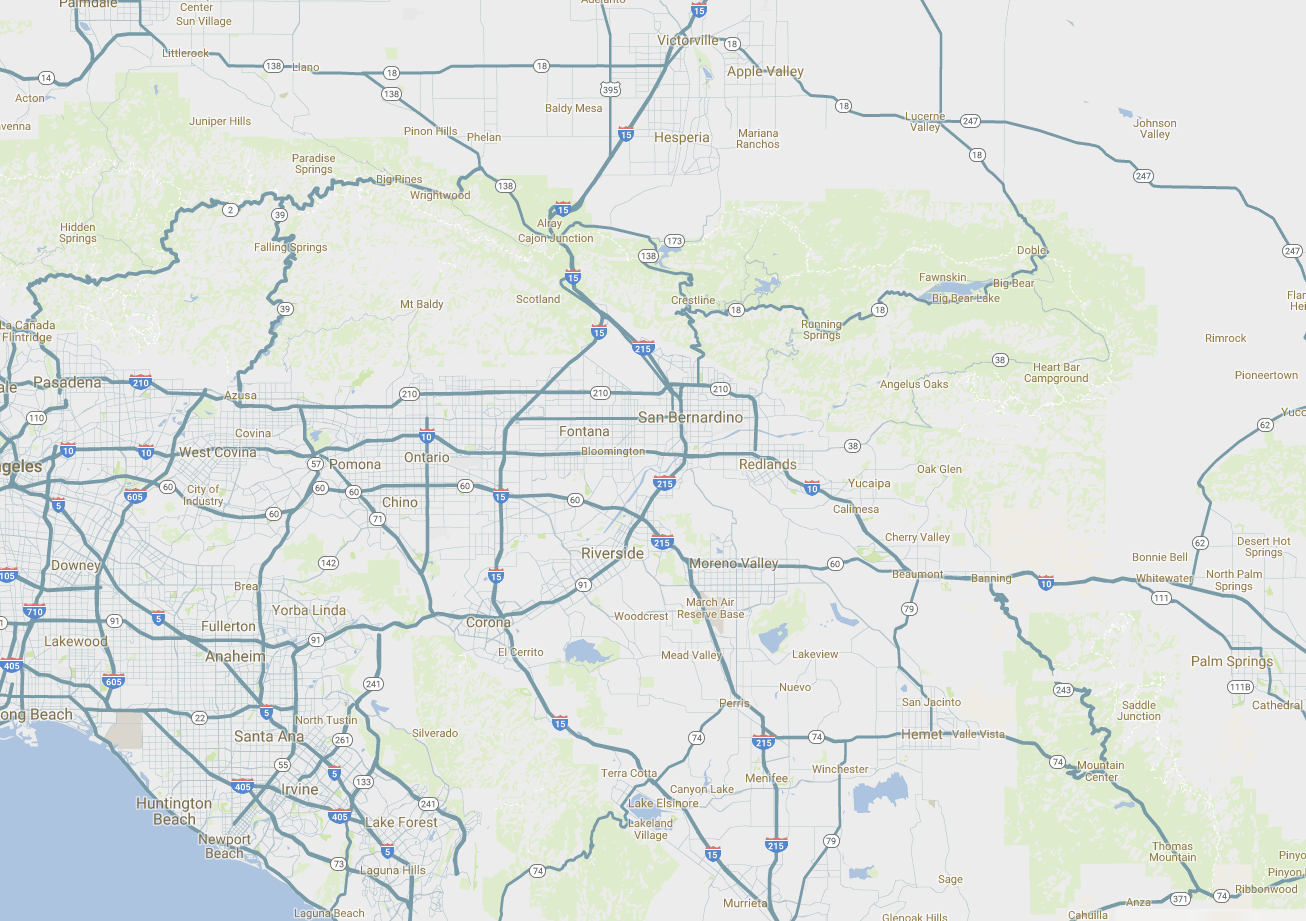There is something that Americans take for granted every day. Our hospitals, schools and national security depend on it. As individuals, we depend on it for everything from keeping us comfortable to keeping us connected. We’re talking about the electricity grid - that thing that powers every U.S. office building and home. It’s easy to forget about it. All you have to do is flip a switch, and the grid does its work. But what if one day it doesn’t?
As we head solidly into the second decade of the 21st century, we have to face facts. The way we use electricity is vastly different than it was a century ago when the grid was built. It used to be that in order to watch television, someone would have to sit by the box and fiddle with the antennae or turn the knob to change the channel. Now we have smart TVs that we can talk to. While those feats of technology have made life easier, it takes a hefty toll on our electricity usage. That is the very issue that the Energy Department’s Grid Modernization Initiative (GMI) hopes to solve.
What is a smart grid?
The overall goal of the GMI is to make energy more reliable, especially in the face of global warming and extreme weather. More than that, however, it empowers utility companies to come up with their own plans to
- meet clean energy requirements,
- invest in new equipment and infrastructure, and
- encourage customers to take charge of their electricity usage.
Did that last point throw you? Take charge of your electricity usage? The GMI urges utility companies to integrate smart technologies as part of the modernization process. Much like how a smart phone uses computer technology to keep users connected, the smart grid will computerize communications between parties.
A Smart Grid is constantly gathering and analyzing information. As it currently stands, utility companies have a 24/7 staff to ensure that the balance of supply and demand are met. The meter reader checking up on how much energy you’re using is there to help maintain that balance. That’s why sometimes an appliance will shut off for a few minutes here and there; a small blackout in a targeted area helps keep the grid as a whole running. The modernization of the grid would lessen the impact of that balancing act by giving companies a more accurate picture of how much electricity is needed and when and automating redirects of power.
What does that mean for energy savings?
Likewise, customers are granted visibility into their own energy usage. For the energy-conscious consumer, that means that you can schedule energy-intensive tasks during low demand periods. If, for example, you own a smart thermostat, you could program it to run during hours when energy is cheaper to save even more money.
Why rely on outdated technologies to keep your home running? Find out more on how utility companies are meeting GMI demands and what that means for you.












